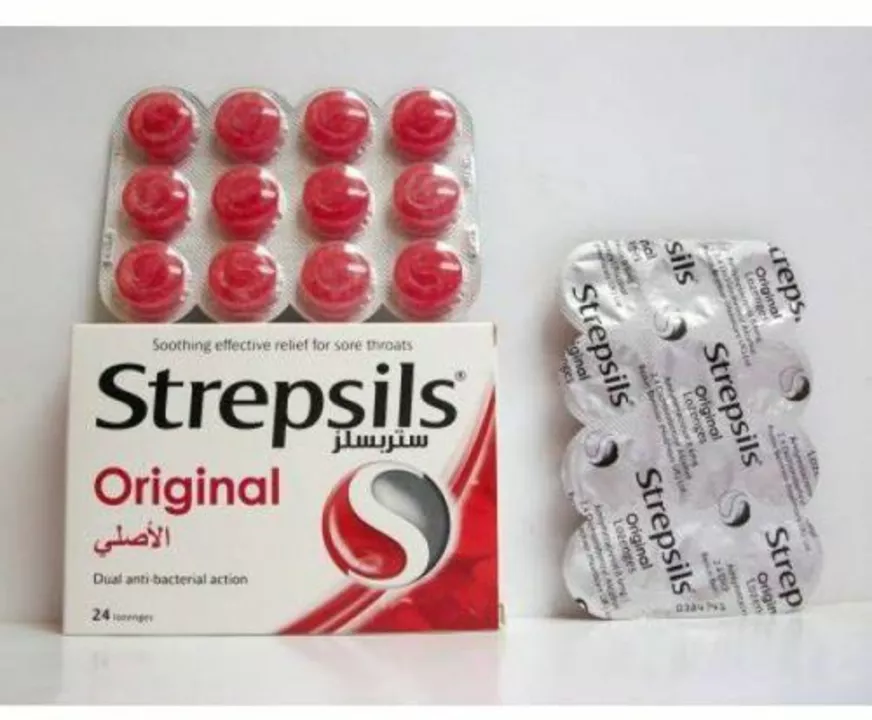Sore Throat: Causes, Quick Relief, and When to See a Doctor
A sore throat can ruin your day — scratchy, painful, and annoying. Most sore throats come from viruses (like colds or the flu), and they get better on their own in a few days. But some are bacterial, like strep throat, and need a doctor’s help. This page gives clear, practical steps so you know what to do right now and when to seek care.
What causes a sore throat?
The common causes are viral infections (cold, flu, COVID), allergies, dry air, or irritants like smoke. Bacterial infections, especially group A strep, are less common but more serious. Other causes include acid reflux, irritated nasal drip, or throat strain from yelling. If you see white patches or swollen, tender lymph nodes, think strep and consider testing.
How you feel helps point to the cause. Viral sore throats usually come with a runny nose, cough, and low fever. Strep often causes sudden, severe throat pain, fever, and no cough. If you’ve been around someone diagnosed with strep or COVID, mention that when you check in with a provider.
Quick self-care tips that actually work
Want fast relief at home? Try these simple, effective steps:
- Gargle warm salt water (½ teaspoon salt in a cup of warm water) every few hours to ease pain and reduce swelling.
- Sip warm drinks like tea with honey or broth; cold treats like ice pops can help too if swallowing hurts.
- Use throat lozenges or hard candy to boost saliva and soothe irritation.
- Stay hydrated and rest your voice—quiet helps the throat heal faster.
- Use a humidifier or inhale steam in the bathroom to loosen mucus and reduce dryness.
- For pain and fever, acetaminophen or ibuprofen can help—follow the label or your doctor’s advice.
Avoid smoking and smoky places, which slow healing. Don’t give aspirin to children or teens with viral infections because of rare but serious risks.
When should you see a doctor? Make an appointment if you have trouble breathing or swallowing, drooling, a stiff neck, severe pain, high fever over 101°F (38.3°C), or symptoms that last more than 48–72 hours without improvement. See a doctor sooner for young children, people with weakened immune systems, or if you notice a rash alongside throat pain.
If your provider suspects strep, they'll likely do a rapid strep test or a throat culture. Strep needs antibiotics to prevent complications and to stop spreading it to others. For viral sore throats, antibiotics won’t help, and your doctor will focus on symptom relief and testing for other causes if needed.
Small habits lower the chance of getting a sore throat: wash hands, avoid close contact with sick people, replace your toothbrush after an infection, and keep humidifiers clean. If you’re unsure, call your care provider — a quick check can save days of discomfort.

